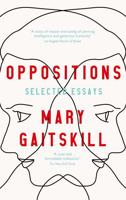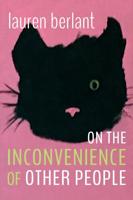Publisher's Synopsis
What is the role of emotion in the scientific, philosophical, and literary works of Seneca the Younger? Scholarship on Seneca has often historically treated emotion as an obstacle to moral progress in his thought--an inherently treacherous aspect of human experience which must be eradicated via reason. However, a growing body of scholarly work has come to recognize that Seneca made room for emotions in his philosophy, framing such sensations as fear and shame as ethically beneficial in certain circumstances. Seneca's Affective Cosmos: Subjectivity, Feeling, and Knowledge in the Natural Questions and Beyond extends such arguments to arrive at a surprising conclusion: Seneca is prepared to harness towards therapeutic and didactic ends even the extreme and misguided emotions that result from our flawed understanding of the universe. Affect plays a particularly important role for the Senecan proficiens, the morally and intellectually imperfect student of Stoicism. Whereas the idealized figure of the Senecan wise man can achieve ethical progress through reason alone, the proficiens' compromised understanding of the world often prevents him from doing so. When reason fails him, the Senecan proficiens can harness his emotions towards moral progress. For instance, in Seneca's meteorological treatise Natural Questions, stupefaction and anxiety are presented as paradoxical sources of courage in the face of death. Similarly, in the tragedy Trojan Women, grief and hopelessness provide the protagonist Andromache with unexpected solace. Chiara Graf reaches these conclusions by placing a variety of Senecan texts in dialogue with modern works on affect theory, a school of thought that has gained popularity in the Humanities but remains underexplored in the Classics.












